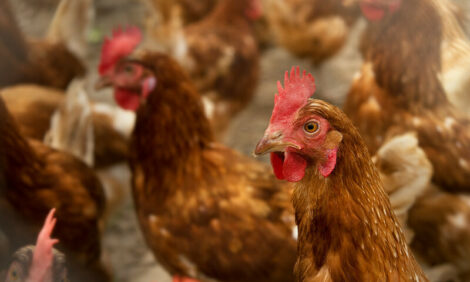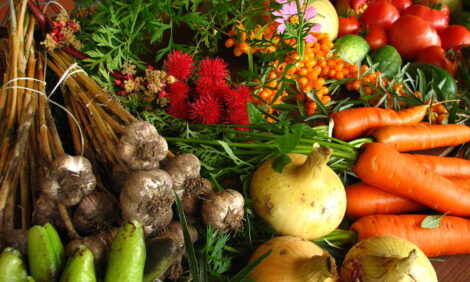



Meat Organisations Challenge USDA over COOL
US - A total of eight meat and livestock organisations have filed suit in the United States District Court for the District of Columbia to block implementation of a mandatory country-of-origin labelling (M-COOL) rule which was finalised by the US Department of Agriculture in May.In their complaint, the meat and livestock organisations explained that the final rule violates the United States Constitution by compelling speech in the form of costly and detailed labels on meat products that do not directly advance a government interest.
In addition, the organisations explained that the 2013 regulation exceeds the scope of the statutory mandate, because the statute does not permit the kind of detailed and onerous labelling requirements the final rule puts in place, and that the rule is arbitrary and capricious, because it imposes vast burdens on the industry with little to no countervailing benefit.
The organisation filing the law suit include the American Meat Inbstitute include the American Association of Meat Processors, Canadian Cattlemen’s Association, Canadian Pork Council, National Cattlemen’s Beef Association, National Pork Producers Council, North American Meat Association, and Southwest Meat Association.
In the complaint, the organisations explained that the new and complex country-of-origin labels required for meat and poultry sold at retail constitute "compelled speech."
Under the US Constitution, commercial speech may be compelled only where it serves a substantial government interest—for example, if the compelled speech is aimed at preventing the spread of a contagious disease.
Because these labels offer no food safety or public health benefit, yet impose costs the government modestly estimates at $192 million, the government cannot require them.
"Congress mandated country-of-origin labelling for meat and poultry - not lifetime itinerary labelling," Mr Dopp concluded.
"Segregating and tracking animals according to the countries where production steps occurred and detailing that information on a label may be a bureaucrat’s paperwork fantasy, but the labels that result will serve only to confuse consumers, raise the prices they pay, and put some producers and meat and poultry companies out of business in the process. Everyone loses under this rule."











